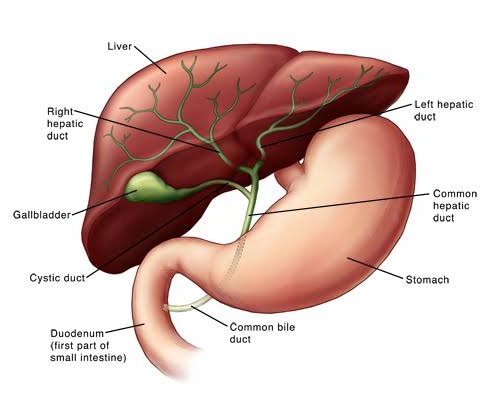Lapsurgery.com.au, What are the first signs of a bad gallbladder? – The gallbladder plays a crucial role in the digestive system, aiding in the storage and release of bile to help break down fats. However, when the gallbladder encounters issues, it can lead to discomfort and health complications. In this article, we will explore the initial signs that may indicate a problematic gallbladder.
Abdominal Pain:

One of the first signs of a struggling gallbladder is abdominal pain, typically felt in the upper right side or the center of the abdomen. This pain can range from mild to severe and may occur after meals, especially those high in fat.
Nausea and Vomiting:
Individuals with a malfunctioning gallbladder often experience nausea and, in some cases, vomiting. This is a result of the impaired digestive process due to inadequate bile secretion.
Digestive Discomfort:
Difficulty digesting fatty foods is a common early indicator. If you notice frequent bloating, gas, or indigestion, it could be attributed to an inefficient gallbladder.
Back Pain Between Shoulder Blades:
Gallbladder issues may manifest as referred pain between the shoulder blades. This discomfort is a result of irritation to nerves connected to the gallbladder.
Changes in Bowel Habits:
An unsettled gallbladder can lead to changes in bowel movements. Some individuals may experience diarrhea, while others may notice light-colored stools due to insufficient bile reaching the intestines.
Fever and Chills:
In more severe cases of gallbladder dysfunction, inflammation or infection may occur, leading to fever and chills. If you experience these symptoms alongside abdominal pain, seeking medical attention is crucial.
Jaundice:
Jaundice, characterized by yellowing of the skin and eyes, can occur if gallstones block the bile ducts, preventing proper bile flow. This is a serious complication requiring immediate medical intervention.
Closing
Recognizing the early signs of a troubled gallbladder is essential for timely intervention and management. If you suspect gallbladder issues based on these symptoms, it is advisable to consult with a healthcare professional for a thorough evaluation and appropriate treatment.

